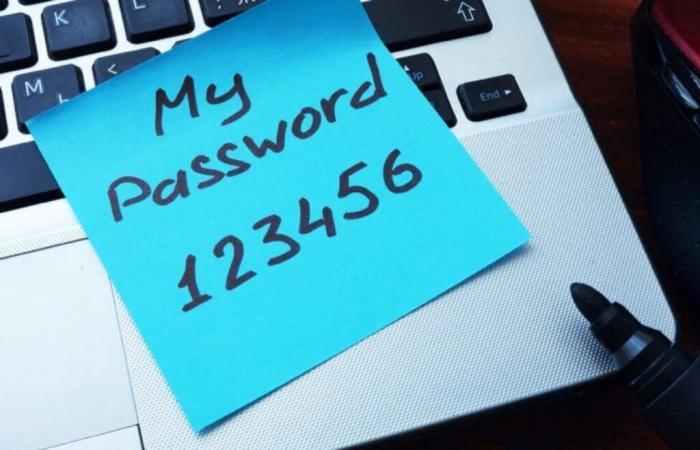The end of an era. Microsoft has decided to review its cybersecurity copy. No more long passwords that are impossible to remember, place for the passkeys!
As cyberattacks explode, with a dizzying increase of 200% according to the latest figures, Microsoft is taking the bull by the horns. The company now blocks a whopping 7,000 password attacks per second, almost double from last year. But faced with the multiplication of threats, the company led by Satya Nadella decided to move up a gear by betting everything on passports.
“The age of passwords is coming to an end, the company said in a statement. Bad actors know this, which is why they are desperately ramping up password attacks while they still can.
Les passkeys, kézako?
But what are these famous passkeys that everyone is talking about? Imagine a world where you no longer have to rack your brains to invent a password worthy of the name, nor laboriously retype it each time you log in. Passkeys promise authentication as simple as a selfie or a touch of your fingerprint.
Concretely, the passkeys are based on an asymmetric encryption system. When creating an account, your device generates two keys: a public one, stored on the service's server, and a private one, kept on your smartphone or computer. To log in, simply use your usual unlocking method (facial recognition, fingerprint or PIN), and that's it!
The advantage? Enhanced security, since your precious private key never leaves your device. Even if the server were hacked, hackers would only have access to public keys, as useful as a keychain without a lock.
The end of headaches for users?
Microsoft doesn't do things by halves. To convince its billion users to adopt passkeys, it has strong arguments. According to their data, passkey authentication is three times faster than traditional password authentication. Enough to save precious time for all those who spend their days connecting and disconnecting from various services.
But that's not all. Passkeys boast a 98% login success ratecompared to only 32% for traditional passwords. No more frustration with typing errors or forgotten passwords. And for those who fear a complicated transition, Microsoft reassures: 99% of users who begin the passkey registration process complete it successfully. From January 2025, Microsoft Authenticator will natively integrate passkey support.
However, Microsoft is well aware that the road to a passwordless future will be rocky. Convincing the 30 to 40% of users most reluctant to change will not be an easy task. This is why the company is focusing on a smooth transition, encouraging users to start little by little.
Microsoft's strategy is simple: remove passwords altogether and only accept phishing-resistant credentials. A bold bet, but one that could well revolutionize the way we authenticate ourselves online. The age of the password is coming to an end, and perhaps that's just as well.
- Microsoft wants to remove passwords for a billion users in the face of the explosion of cyberattacks.
- Passkeys, based on asymmetric encryption, promise faster and more secure authentication.
- The transition will be gradual, with native integration of passeskeys into Microsoft Authenticator from January 2025.
???? To not miss any news from Presse-citron, follow us on Google News and WhatsApp.
Pair : Bitdefender






